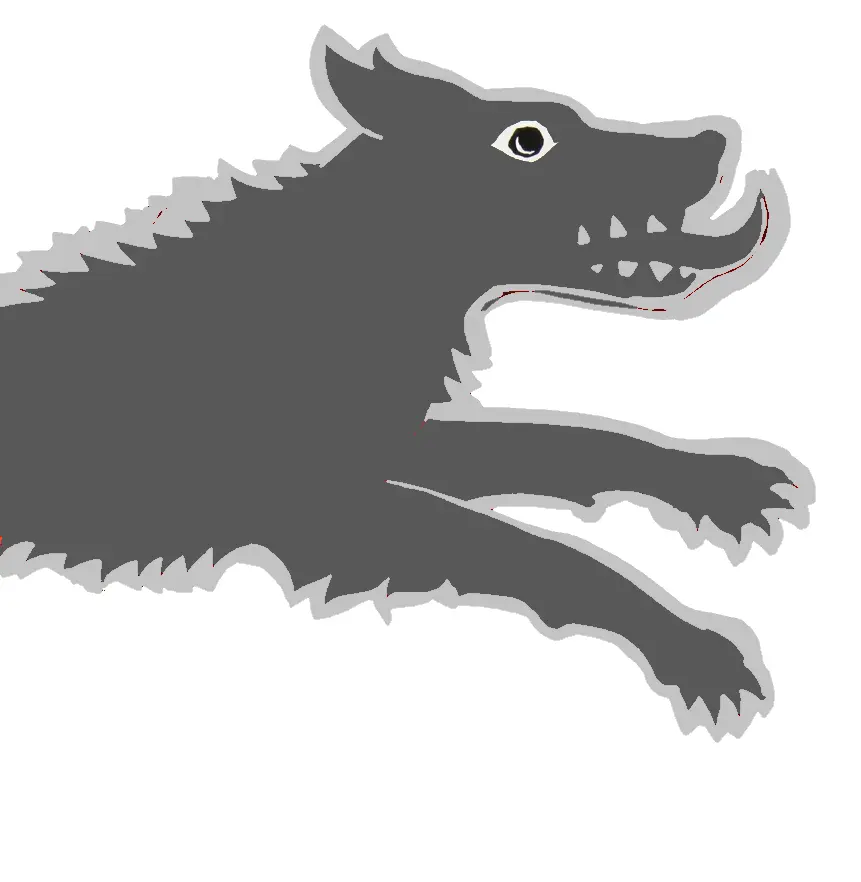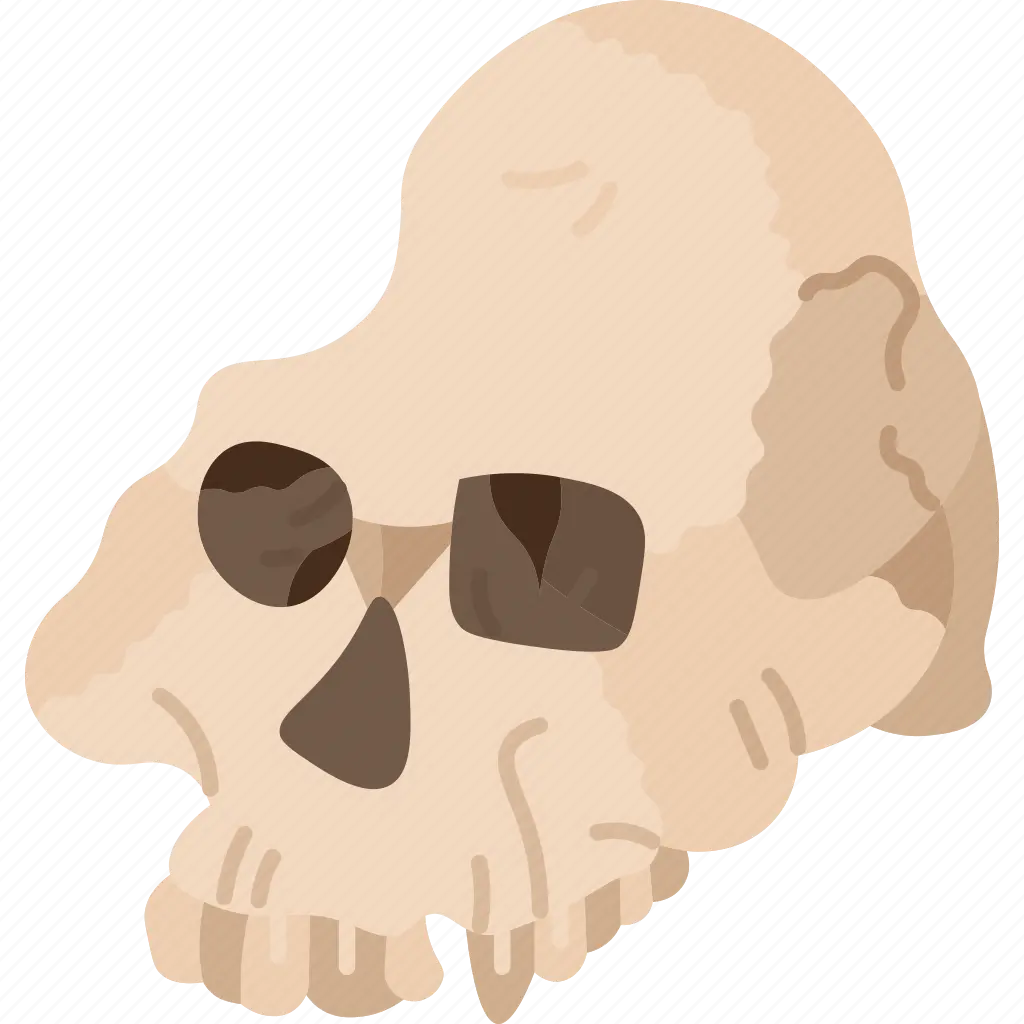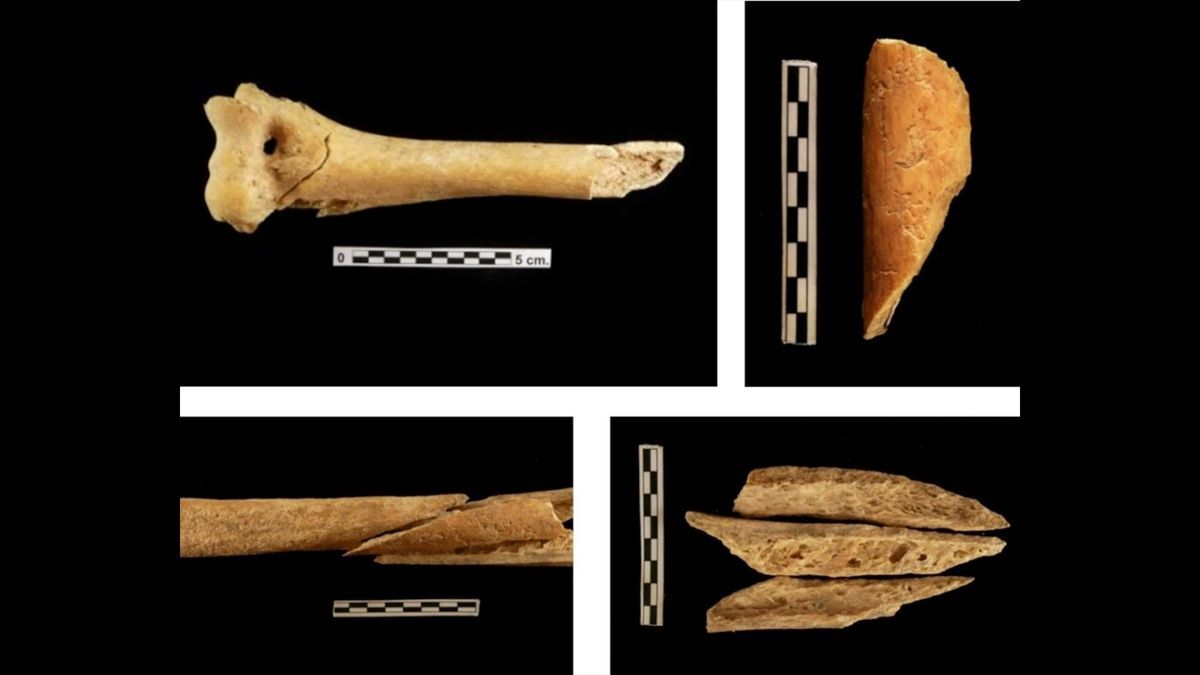Archaeologists in Spain have discovered evidence that ancient people defleshed and dismembered corpses around 6,000 years ago. But these aren’t clues to an ancient murder: Instead, the bone injuries are more likely related to funerary practices that occurred just after death.
Decades ago, archaeologists unearthed two large Neolithic stone tombs in northern Spain dating to the fourth millennium B.C. that contained the remains of more than two dozen men, women and children, in addition to flint arrowheads, bone awls, stone tools and pottery fragments. Now, a new analysis of the people’s bones has revealed that a huge number of them were fractured and fragmented perimortem — around or just after the time of death.
Researchers described the new findings from the tombs at Los Zumacales and La Cabaña in a study published Dec. 1 in the International Journal of Osteoarchaeology.



Probably cannibals taking advantage of the bone marrow